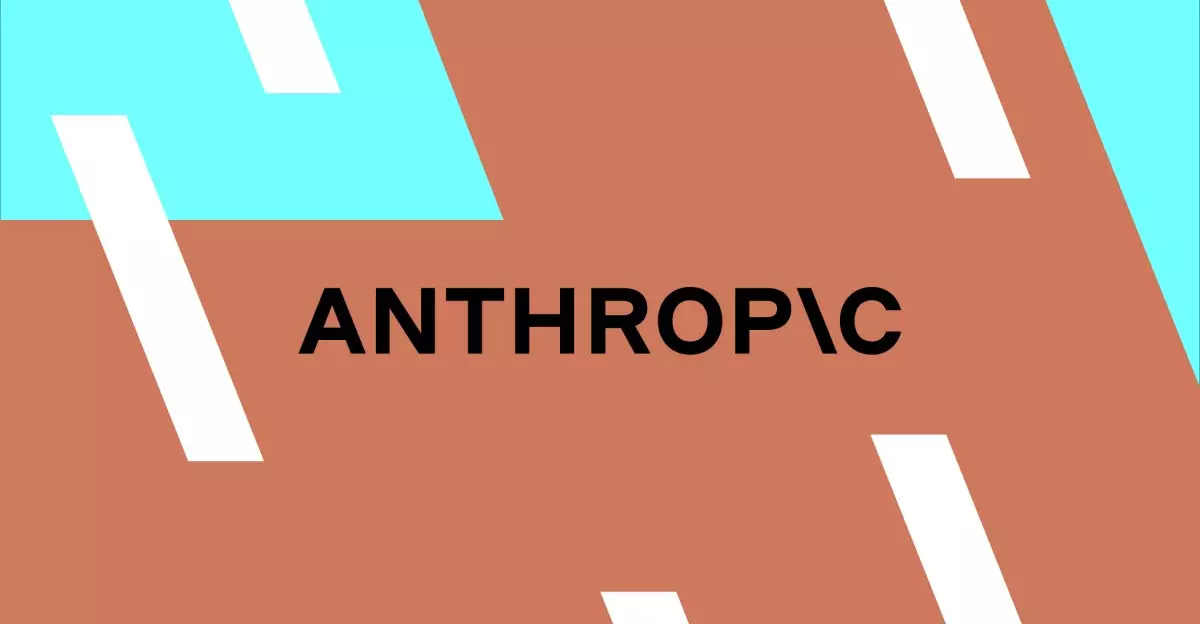In an era where artificial intelligence (AI) is becoming increasingly integral across various industries, Anthropic has made significant strides with the introduction of Claude 3.7 Sonnet. This latest model signifies a transformative approach towards coding and reasoning tasks, combining functionalities that have traditionally been separated in the AI landscape. It promises not only to enhance task efficiency but also redefines the user experience by offering more versatile and intelligent responses than its predecessors.
A key highlight of the Claude 3.7 release is its new “agentic” coding tool, Claude Code. This represents a shift in how coding tools are perceived, emphasizing collaboration over mere assistance. Unlike conventional tools that only perform pre-defined tasks, Claude Code is designed to actively engage in programming activities. It can read, search, and edit code, manage GitHub repositories, and utilize command line operations, turning the coding process into a collaborative endeavor. This shift towards an active collaborator could signify a future where AI reshapes software development practices inherently.
Performance Enhancements Over Previous Models
Anthropic’s focus on integrating reasoning capabilities into the Claude architecture has paid dividends. The 3.7 Sonnet version reportedly outperforms its predecessors in complex reasoning tasks, particularly in mathematical operations and coding applications. As highlighted by Dianne Penn, Anthropic’s product research lead, the model addresses a key concern: that reasoning should be an inherent feature rather than a separate module. This perspective challenges the conventional AI model framework, where reasoning capabilities have varied significantly between models. The newly integrated reasoning functionality enhances performance, making Claude 3.7 Sonnet not just an incrementally better model but a fundamentally improved one.
Real-World Applications and Developer Engagement
The practical implications of Claude 3.7 Sonnet extend to real-world applications, which Anthropic has actively encouraged developers to explore. From creating website designs to interactive games, the versatility is apparent. Moreover, the capacity for developers to dictate response times through its “scratchpad” feature adds a layer of customization that enhances user control over interactions with AI. This responsiveness aligns with today’s fast-paced software development environments, where time sensitivity can significantly impact productivity and project timelines.
In the rapidly evolving landscape of AI technology, competition is fierce. The introduction of Claude 3.7 Sonnet positions Anthropic favorably against established players like OpenAI, especially as industry observers note its performance gains. The pursuit of an all-encompassing AI model that can adeptly handle diverse tasks suggests a significant directional shift within the AI narrative. Rather than maintaining a compartmentalized approach where reasoning and action are separated, the industry seems poised to merge these functionalities. Claude 3.7’s capabilities illustrate this potential direction, indicating that AI models of the future may be holistic problem solvers rather than specialized tools.
Challenges and Future Prospects
Despite its advancements, the Claude 3.7 model faces challenges, particularly concerning its limitations. The absence of real-time web search capabilities continues to hinder its comprehensive utility compared to some competing models. However, the promise of a more up-to-date knowledge base with the October 2024 cut-off and the progressive improvement of its coding abilities provides a robust foundation for future iterations. As Anthropic continues to refine and develop its AI systems, the anticipation surrounding Claude’s enhancements and their effects on coding, business operations, and intelligent reasoning remains high.
Anthropic’s Claude 3.7 Sonnet marks a pivotal point in AI development, emphasizing integration over separation in cognitive tasks. By positioning Claude Code as an active coding collaborator, Anthropic not only enhances the coding experience but also sets a precedent for future AI capabilities. With the competitive landscape evolving, it will be intriguing to see how Claude 3.7 Sonnet influences both developers and the broader AI community as they navigate this transformative technological frontier.


Leave a Reply